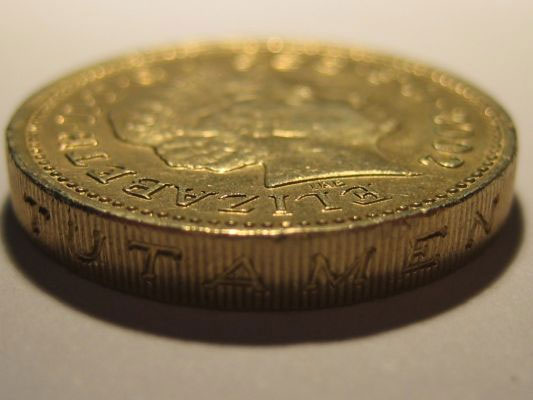Does anyone remember Mark Carney. back in the days when we thought only hiring foreign experts would do, we had this Canadian lead the Bank of England.
In his whole tenure he promised much but did less. There were few changes in interest rates and post the 2008 recession we actually dropped rates throughout the recovery by 0.25%.
And we poured in yet more Quantitative Easing to create the easy money. This has come back to bite us quite nastily now.
And yet today's Bank of England has chosen to raise interest rates by 0.25%. Whereas the Federal Reserve went for 0.75% - inflation is worse in the UK too.
Whilst the £ has recovered a little today on the back of the rise, it is at a very low $1.23, exacerbating our energy crisis through the exchange rate fiasco.
Moreover, the Bank is frit from cancelling QE and reducing money supply. thereby baking in a long road to reduce inflation. in the 1980's we would be talking about Interest rates at 12% -15% by now.
But so sleepy is the Bank and so slothful in its actions that we will be lucky to have 2% interest rates in 2022 whilst experiencing 10%+ inflation.
Frankly, it is unbelievable. Mind-numbing. A wilful destruction of the Pound and people's real net worth and assets to bail-out the Government of its debt and to the hope that something will turn up.
All the Bank of England Monetary Policy members should be sacked forthwith due to showing an insufficient understanding of their remit which is to manage economic stability! Not promote instability.












 We called for rates to fall much earlier in the year. Now it is too late to avert the worst of the recession. Worse, I now foresee rates having to climb by March to help finance the Government deficit spending and to avert the Pound from falling below Dollar and Euro parity. In the teeth of a recession too. Ouch.
We called for rates to fall much earlier in the year. Now it is too late to avert the worst of the recession. Worse, I now foresee rates having to climb by March to help finance the Government deficit spending and to avert the Pound from falling below Dollar and Euro parity. In the teeth of a recession too. Ouch.